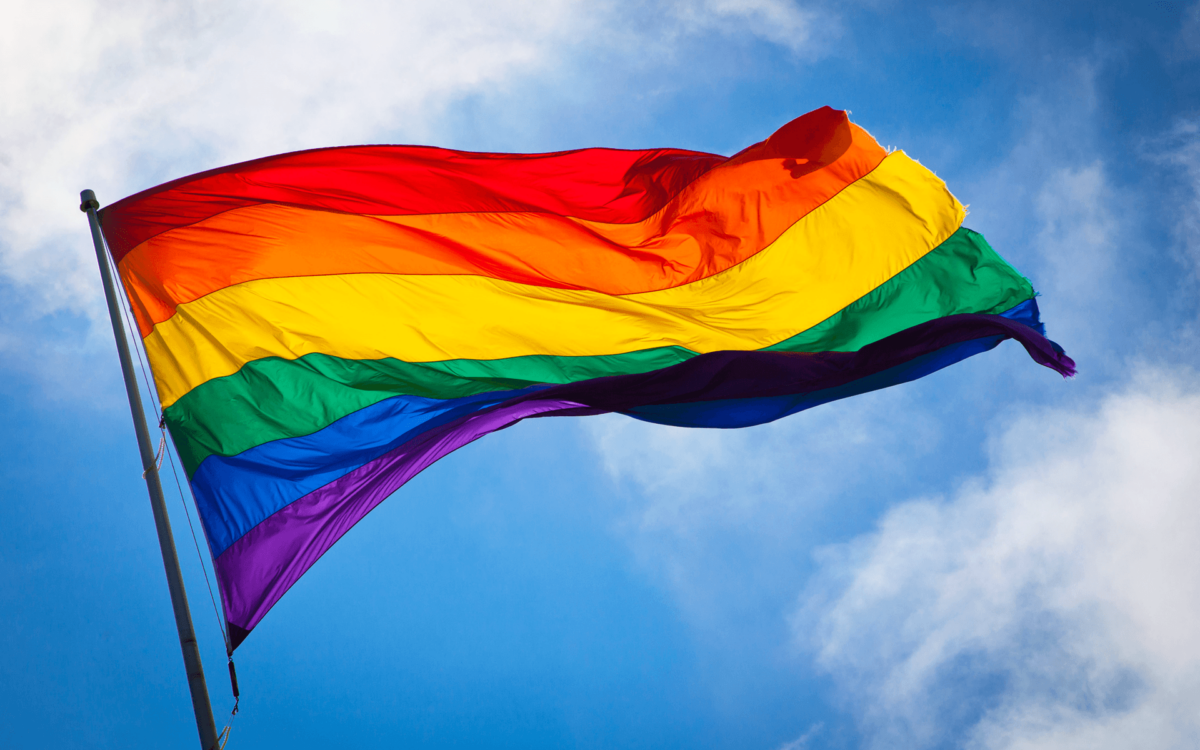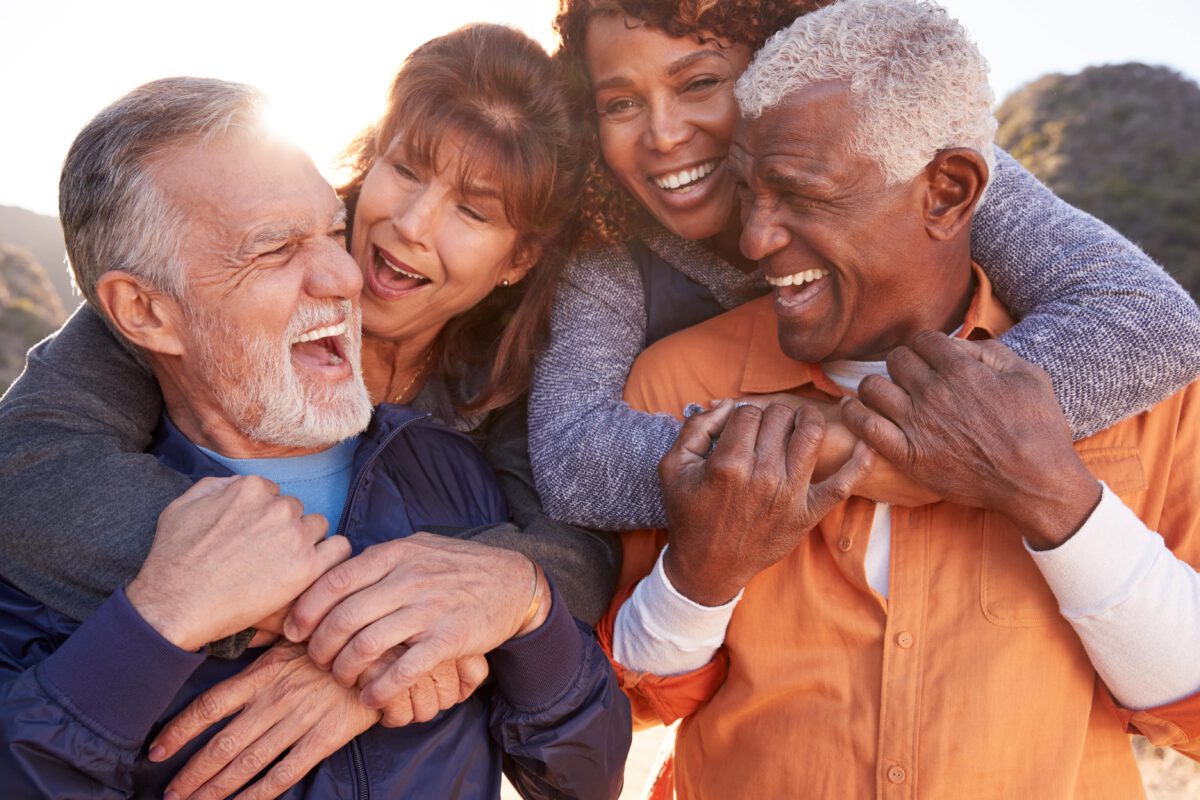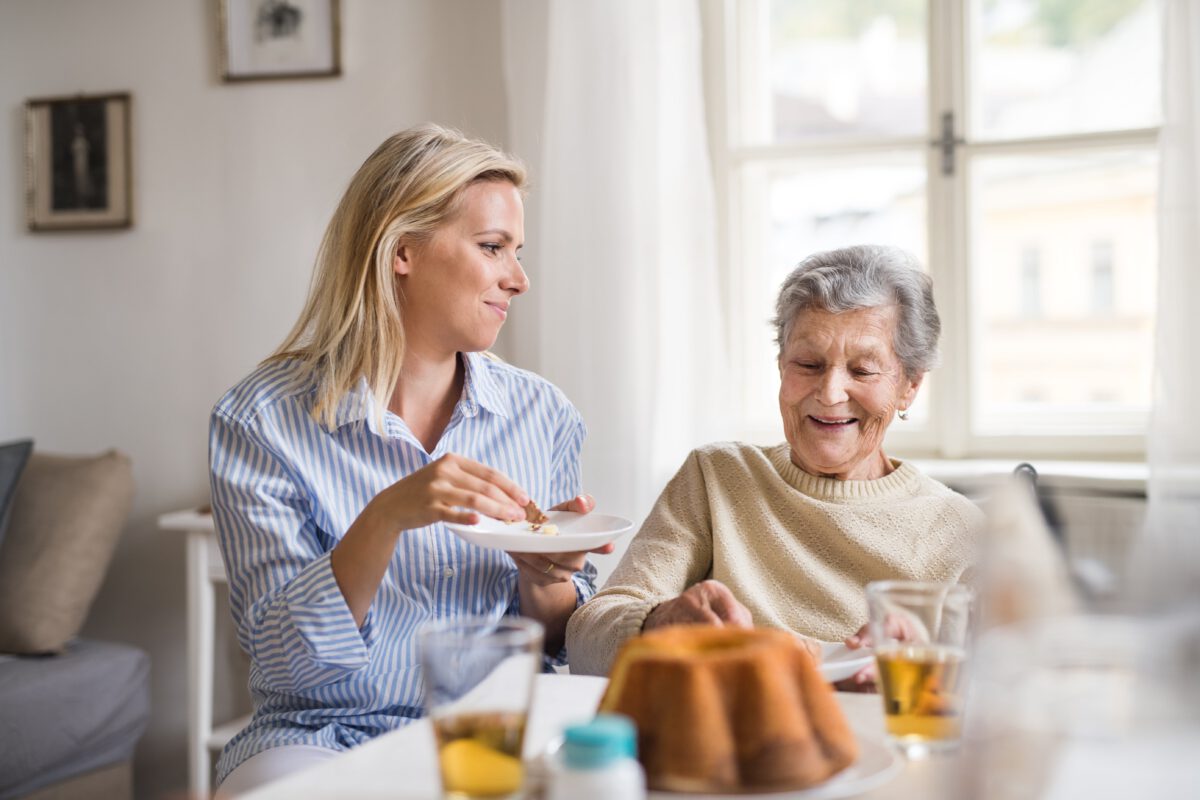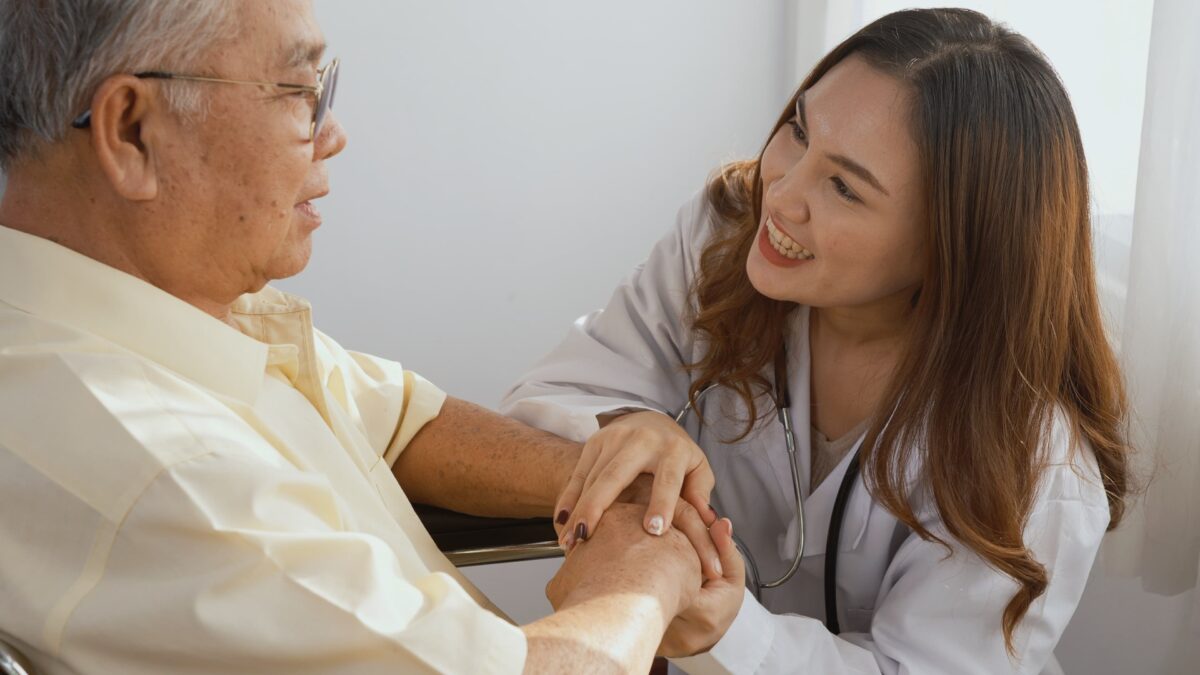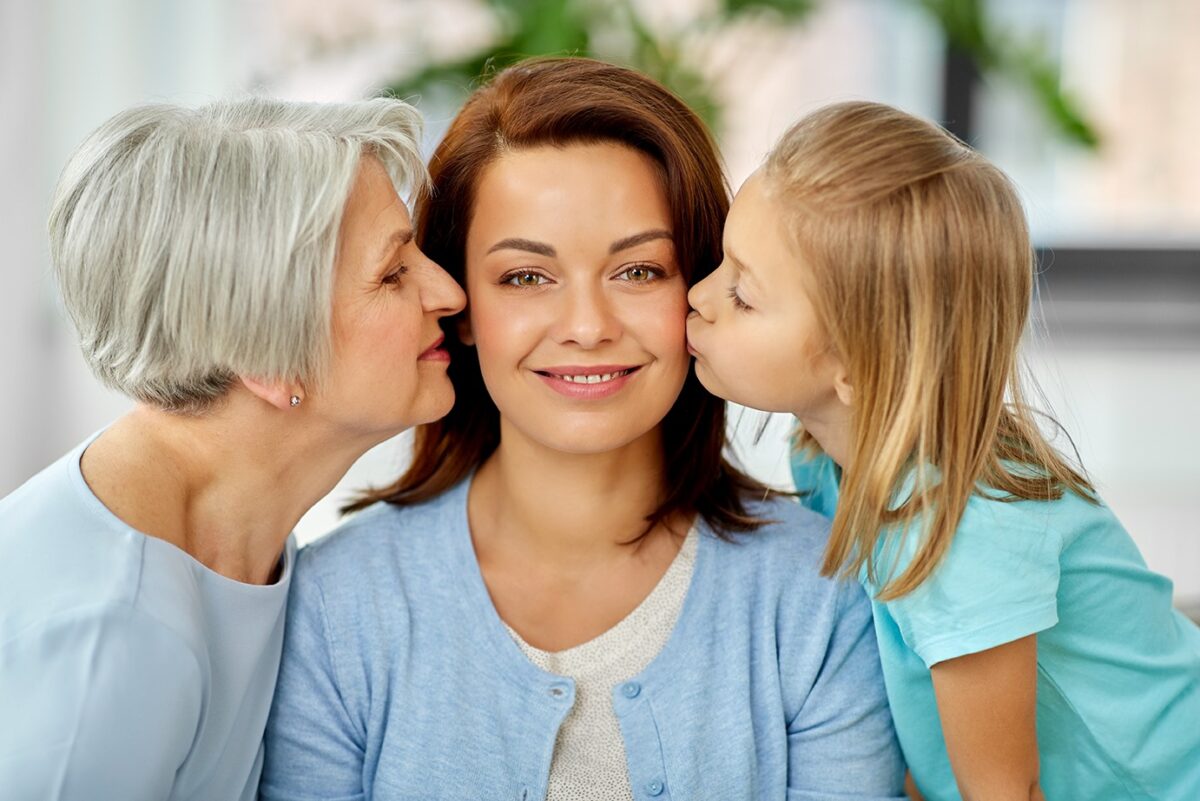Advice for Overcoming Everyday Challenges
Small, everyday challenges can impact us all as we age. The resources and programming offered at senior centers such as the Rose Centers for Aging Well can assist with overcoming these challenges by providing us with opportunities to receive guidance from both professionals and our own peers. Programs like the Aging Mastery Program can help us make small and impactful changes to overcome challenges we may face and improve our overall wellness.
In addition to the services provided by the Centers, the support, wisdom and knowledge of Benjamin Rose Institute on Aging’s Rose Center for Aging Well participants are invaluable. We asked several participants to share their personal tips, tricks and advice for everyday activities and challenges, and here are some of their insightful thoughts and recommendations:
- Place keys/wallet in a designated and accessible place. When returning home, one way to keep track of our items is to immediately place our keys and wallet/purse in a designated location that is easily accessible, such as a basket on the entryway table or counter. In the event of an emergency, this will allow us to exit our residence with important belongings and takes the guesswork out of where to locate our keys or wallet/purse.
- Keep a list of current medications with us at all times. According to the American Pharmacists Association, 60 percent of older adults over the age of 65 take at least five medications each week, and it can often be difficult for us to keep track of which medication to take and when. It may also be difficult to remember the names of these medications when we are asked by healthcare professionals about our prescriptions. If possible, we should request a printout of an after visit summary at doctor’s appointments, which includes current medications, allergies and medical conditions. We can then store this information in a safe place and/or keep this summary in our wallet or purse.
- Carry one day’s worth of medications when we leave the house. In the event we’re unable to return home for any reason, such as a natural disaster or other unforeseen emergency, we’ll have a day’s supply to carry us through.
- Have a list of emergency contact information in our wallet. Additionally, we should include doctors’ names and their contact information. We should then review this list on a regular basis to confirm the information is up to date.
- Use smart phone calendars to assist with scheduling appointments. This will also allow us to keep track of important events (birthdays, anniversaries, etc.) and set reminders for ourselves. Alternatively, we can carry a pocket calendar, which will allow us to reference our schedule as needed.
- Share calendars with a friend or family members. This will allow them to know our whereabouts in the event of an emergency, and they can help remind us of important upcoming appointments and events.
- Give a copy of insurance cards to emergency contacts. This can be helpful if we don’t have our insurance card with us when needing medical attention.
- Keep end of life documents in a safe, secure space. To make sure they can be found when they are needed, we may then share the location of these documents with a trusted loved one. Additionally, we should make sure the person we have designated on these documents has a copy, along with our doctor. According to the National Hospice and Pallative Care Organization, putting advance directives in a safe deposit box is not recommended, as this can prevent our loved ones and healthcare providers from accessing them in an emergency. We should be sure to review these documents on a regular basis to make certain our wishes have not changed.
- Keep our cell phones charged at all times. If we are in an emergency situation, a charged phone can help us quickly get in touch with the responders and services we need. Additionally, we can sign up for phone check-in programs in our community, where we can schedule to receive calls at appointed times, and, if we cannot respond due to an emergency, a loved one or police responder can be dispatched to check on us. These programs are oftentimes offered at no charge and are an added safety measure.
These tips and tricks are merely suggestions and are to be used at your own discretion. Not all of these will work for everyone, but hopefully they will spark thought and conversation with others!


